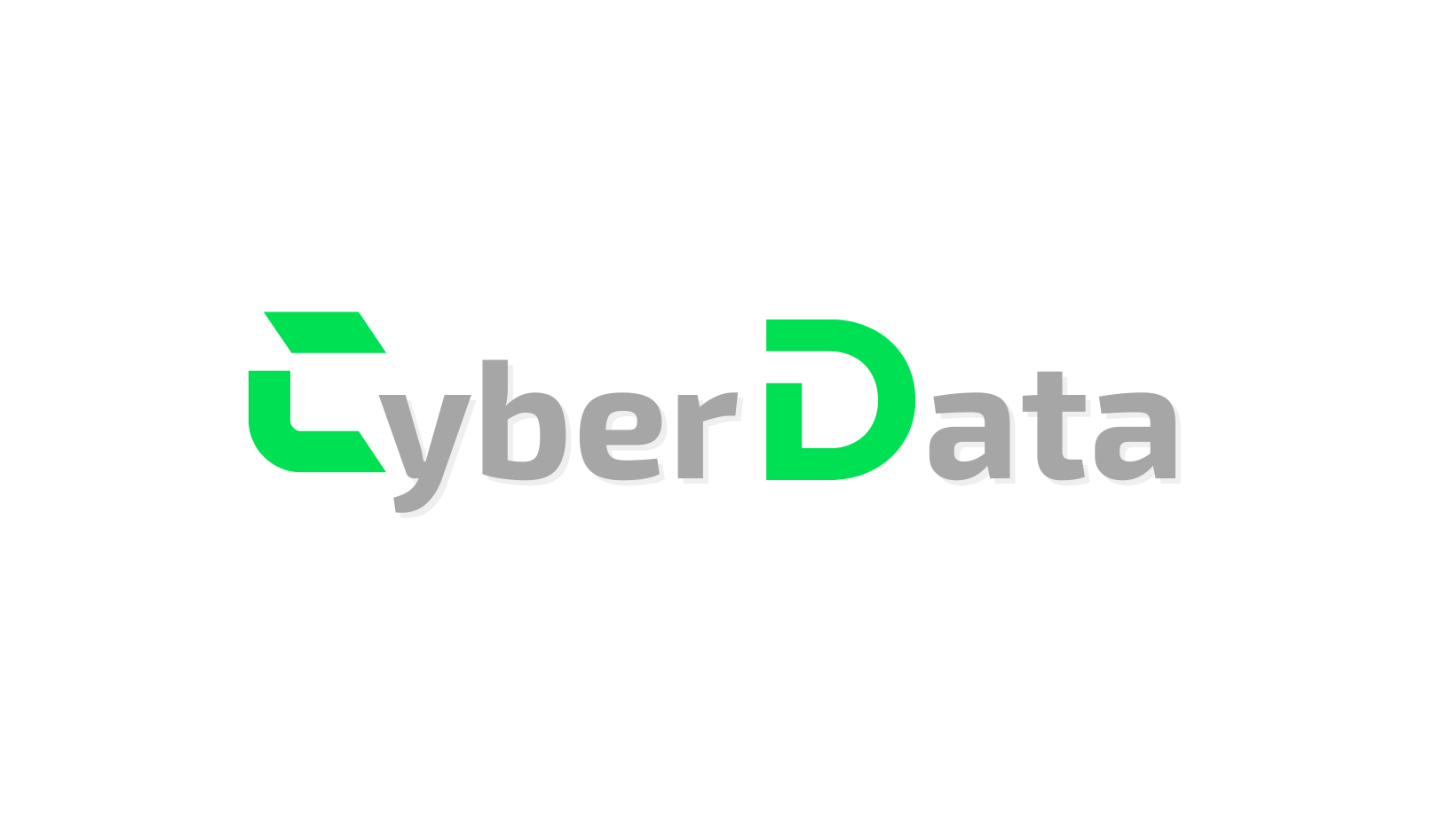LexisNexis Data Breach: When Gatekeepers Drop the Keys
Welcome to the Age of Irony in Cybersecurity
If there’s one certainty in cybersecurity, it’s that your digital house is never truly secure—especially if your spare GitHub key is floating about. Just ask LexisNexis Risk Solutions, the risk-mitigation titan whose own data on over 364,000 individuals was spirited away by a hacker on Christmas Day via a third-party development platform.
The punchline? It wasn’t even their server that faltered. Instead, it’s a fresh episode in the ever-expanding sitcom of third-party risk, as code repositories become the hottest new breach frontiers. Nothing punctuates the irony like professional gatekeepers locking themselves out.

The Anatomy of an Ironic Breach
The details will induce cybersecurity déjà vu: names, addresses, Social Security numbers, and more were exposed—albeit without financial data. LexisNexis Risk Solutions (LNRS), the company that makes a living combating fraud and risk, found itself making somber phone calls and sending notification letters come spring, months after the December breach via its GitHub account.
For more on the LexisNexis Risk Solutions breach and its implications, Legal Technology offers a detailed overview of the incident and how it unfolded. Meanwhile, The Record provides additional context on the scale of the data exposure and GitHub’s role in the security lapse.
Why This Breach Resonates
Not Just Another Casualty
LNRS isn’t a garden-variety tech company; it’s a linchpin in risk and fraud analysis for industries and governments worldwide. When its databases are compromised, the ripple effect isn’t local—it’s global. This breach raises the chilling question: If the risk experts can’t keep their own secrets, who can?
Third-Party Risk: The Pandora’s Box of Modern IT
Increasing reliance on third-party platforms and open-source repositories means organizations are growing their attack surfaces faster than their security teams can patch. Regulatory frameworks—whether GDPR or the latest state privacy laws—scramble to keep pace, frequently losing ground to hackers with a single misplaced access token.
Regulation, Reputation, and the Data Economy
With scrutiny from the Maine Attorney General and other watchdogs piling on, LNRS has become a reluctant stress test for corporate data stewardship. The industry-wide normalization of third-party risk is only accelerating as organizations court innovation with one hand and juggle compliance paperwork with the other.
And, as the cost of each breach becomes less about fines and more about existential threats—public trust and moral credibility—the stakes could not be higher.
The Existential Dilemma: Can Data Stewards Be Trusted?
The discomfort runs deeper. Each new incident—especially at firms whose business models are built on trust and security—chips away at public confidence. If the professionals hired to anticipate the worst can’t do so internally, it’s reasonable to wonder who exactly is fit to guard the guardians.
The New Frontier of Cyber Absurdity
In the comedic arms race between security professionals and hackers, third-party platforms have emerged as the soft underbelly. The lesson? Even the sharpest risk managers are only as strong as their least-secure GitHub login.
Should companies hand over their credentials to AI and hope for the best, or simply admit the house will never be fully locked? One thing is certain: in cybersecurity, everyone’s repository is a candidate for tomorrow’s headlines.



